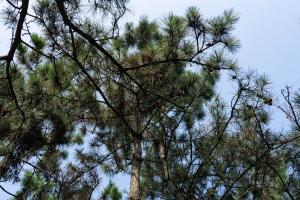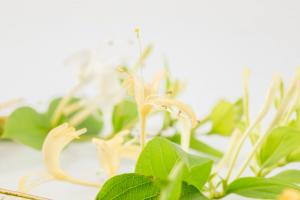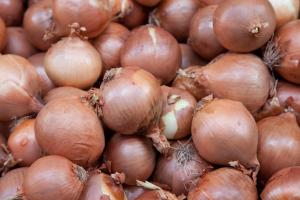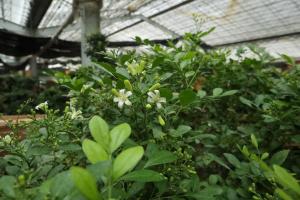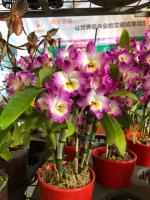Is Lamp Light Good for Plants?
Indoor gardening is becoming increasingly popular as more people recognize the benefits of growing their own plants. However, one challenge of indoor gardening is providing enough light for plants to grow and thrive. One solution is to use lamps, but is lamp light good for plants? Let's explore the answer to this question in depth.
The Types of Lamp Light
Lamps come in different types that emit different colors of light. The most common types are:
Incandescent lamps - emit yellow-orange light
Fluorescent lamps - emit cool white, warm white, or full spectrum light
LED lamps - emit red and blue light
Each type of lamp light affects plant growth differently. Understanding the benefits and drawbacks of each can help you decide which one to use for your plants.
Incandescent Lamps
Incandescent lamps are not the best choice for indoor gardening. They emit mostly yellow-orange light, which is not very efficient at providing the wavelengths that plants need for photosynthesis. Incandescent lamps also generate a lot of heat, which can cause the plants to dry out or become scorched if placed too close.
Fluorescent Lamps
Fluorescent lamps are the most common type of lamp used for indoor gardening. They emit cool white, warm white, or full spectrum light. Cool white light has a bluish tint, while warm white light has a yellowish tint. Full spectrum light contains all the colors of the rainbow, including the wavelengths that plants need for photosynthesis.
Fluorescent lamps are energy-efficient and produce less heat than incandescent lamps. They are also affordable and widely available. However, fluorescent lamps need to be replaced every 6-12 months, as their light output diminishes over time.
LED Lamps
LED lamps are gaining popularity for indoor gardening because they are efficient and have a long lifespan. They emit red and blue light, which are the wavelengths that plants need for photosynthesis. Red light is important for flowering and fruiting stages, while blue light is important for vegetative growth.
LED lamps are more expensive than other types of lamps, but they last longer and use less energy. They also emit less heat, which reduces the risk of plant damage. LED lamps come in a variety of colors and can be customized to emit specific wavelengths for different growth stages.
Conclusion
Overall, lamp light can be good for plants if you choose the right type of lamp. Incandescent lamps are not recommended, while fluorescent lamps and LED lamps are better options. Fluorescent lamps are affordable and widely used, while LED lamps are more expensive but last longer and emit less heat. Ultimately, the type of lamp you choose depends on your budget and specific plant needs.

 how many times do yo...
how many times do yo... how many planted tre...
how many planted tre... how many pine trees ...
how many pine trees ... how many pecan trees...
how many pecan trees... how many plants comp...
how many plants comp... how many plants can ...
how many plants can ... how many plants and ...
how many plants and ... how many pepper plan...
how many pepper plan...